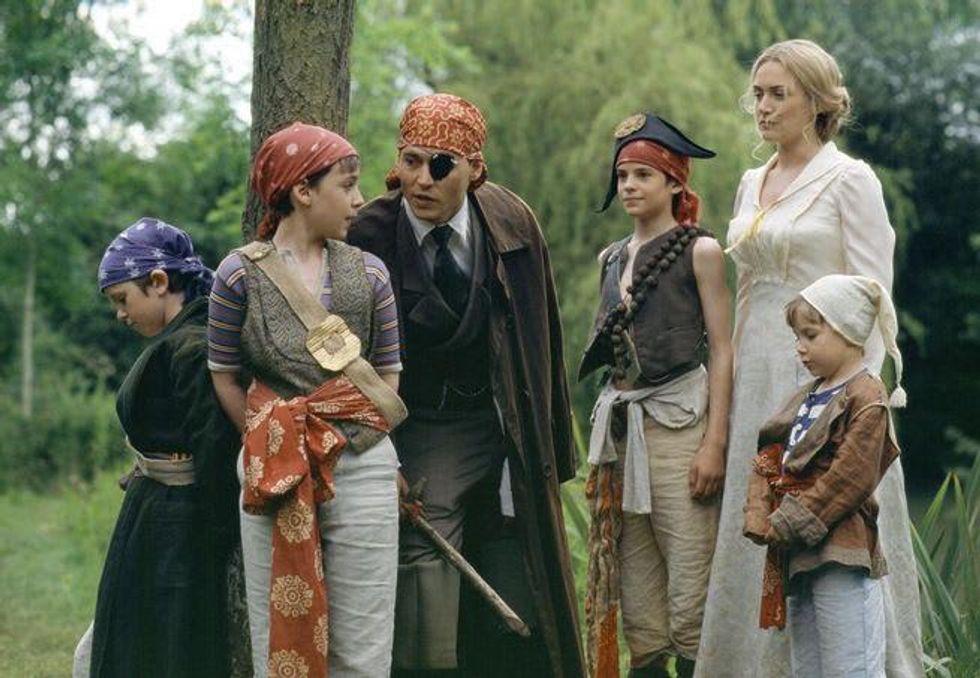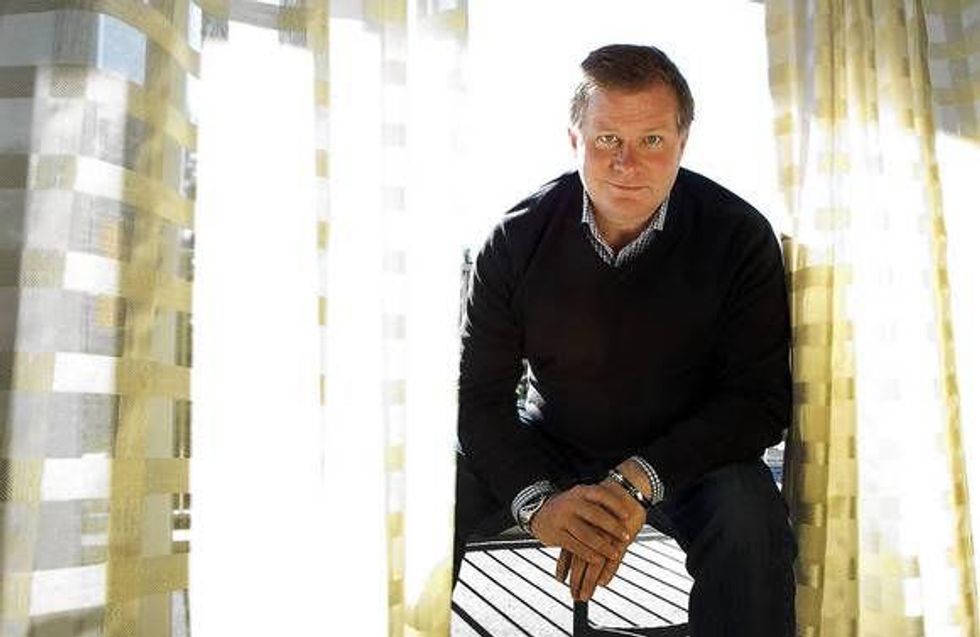Interview with a Filmmaker
David Magee might be the most grounded guy in Hollywood: On Life of Pi and keeping sane
While working as an actor (a gig which saw him to lend his vocal talents on over 85 abridged books on tape), David Magee struck gold when he was afforded the opportunity to write the screenplay for Finding Neverland, which earned him a nomination in 2004 for an Academy Award. Most recently, Magee's name was in the headlines early-2013 for his Life of Pi Best Adapted Screenplay Academy Award nomination.
In late-May, Austin Film Festival hosted a Q & A with Magee followed by a retrospective screening of Finding Neverland. Beforehand, CultureMap spoke candidly with Magee about the craft and the nuances of his creative process — wherein he revealed that he exercises daily, begins work at 10 a.m. and finishes by a healthy 5 or 6 p.m. After all, the biggest mistake, he said, is to be married to one's work.
CultureMap: Tell me about your writing process when adapting a screenplay from a book?
David Magee: I read the book carefully and take notes on every page. I isolate moments of physical action, moments that express what’s going on inside with a character and what they are thinking. Then I go back and determine which scenes are very strong and what you are going to have to invent, reshape or imagine.
CM: What is a mistake that most screenwriters make?
DM: Being too married to your work. Screenwriting is a collaborative process whether you want somebody commenting on your writing or simply want them to see your final draft; you have to accept the fact your script will change based on other peoples input.
If you are not willing to be flexible, listen and run with their ideas, they will find somebody else that can.
"If you stick around long enough, show up on time, do your work and find people who have the same passions as you do — someone will listen and give you a chance to open a door." - David Magee
CM: How did you break into the industry?
DM: I broke into the industry because I had the opportunity to write the screenplay Finding Neverland and then sold it; and on that basis got an agent. The greatest advice I can tell anyone is, “I can’t tell you how you will find your way into this business but I can tell you, you will get your chance.”
If you stick around long enough, show up on time, do your work and find people who have the same passions as you do — someone will listen and give you a chance to open a door. When that happens, the question will be whether or not you are ready to step through it.
I spent years wanting to be an actor. [I was] perfectly adequate and had good moments, but I realized that I was not meant to be an actor. But while doing so, I spent time on sets, learning more about the craft — and when the right time came along, I had learned all this other stuff about the craft, and I was ready to step through the door when it opened.
The mistake most people make is not learning all aspects of the industry.
CM: How do you maintain balance with being a father, husband and screenwriter?
DM: I try and keep as much of a regular schedule as I can. I exercise every morning and start work by 10 a.m. and finish by 5 p.m., no later than 6 p.m. It’s a mistake to try and work 20 hour days for a long period of time because you lose productivity. And at the end when you stop working as much, you feel guilty. You must give yourself downtime and determine healthy parameters.
CM: What is the difference between adapting a screenplay vs. writing an original screenplay?
DM: When you’re adapting someone else’s material, you come in as a critic and try to figure out what works and what doesn’t. You are trying to grab what is essential and try to find a way to connect that into a new medium.
When you’re starting from scratch, it’s not a reductive process. It’s a let’s just keep throwing ideas out, getting it bigger and bigger, creating a lump of clay you can mold.
You want to turn off the critic at the beginning. It’s more enjoyable in some ways to just run off in the distance and not know where you are going, but it’s also very satisfying when you are working on somebody else’s material to know how much further along you have come with the solid bits you already like.
The longer I do this, I feel more attracted to doing it myself and to just run off.
---
Check out AFF's upcoming interview schedule online.






